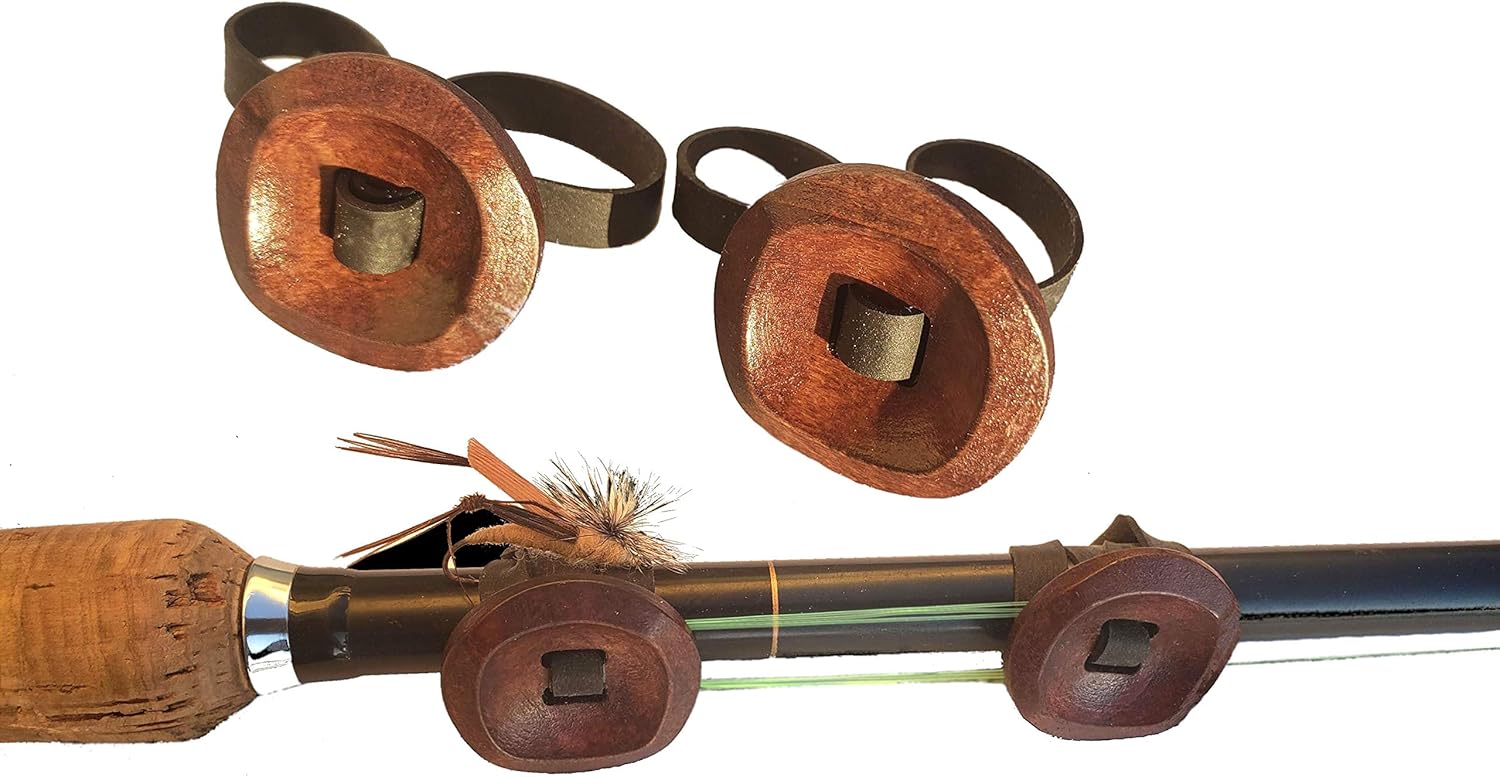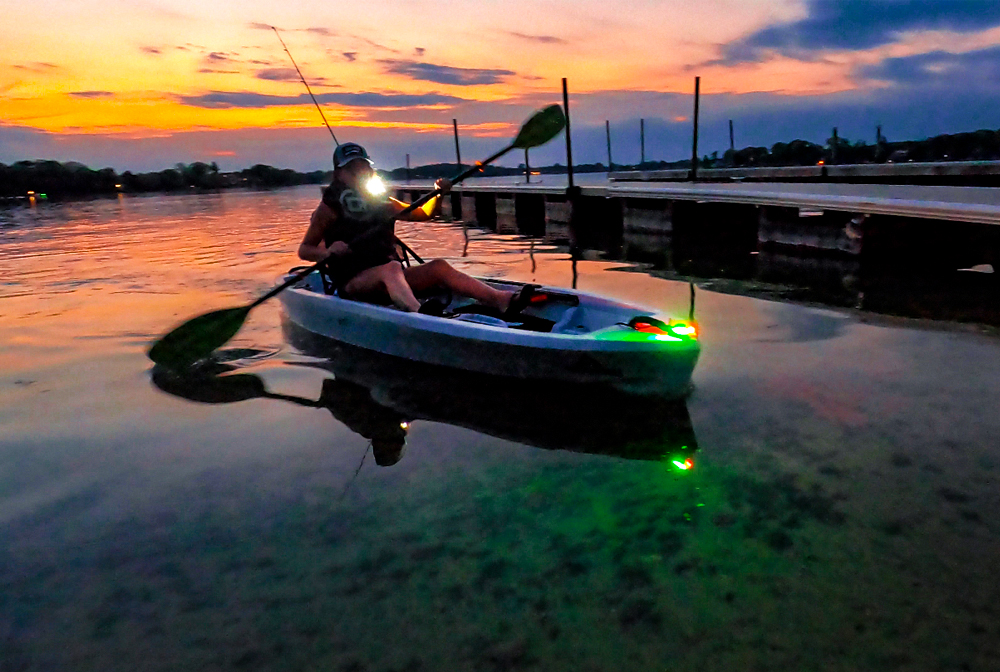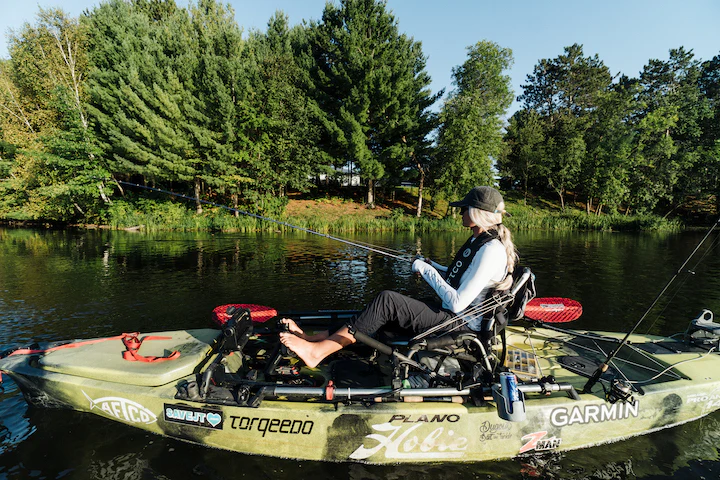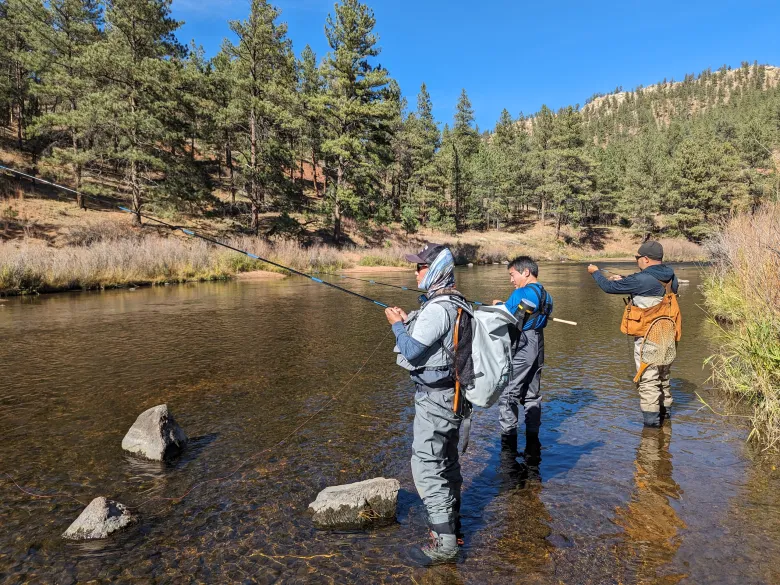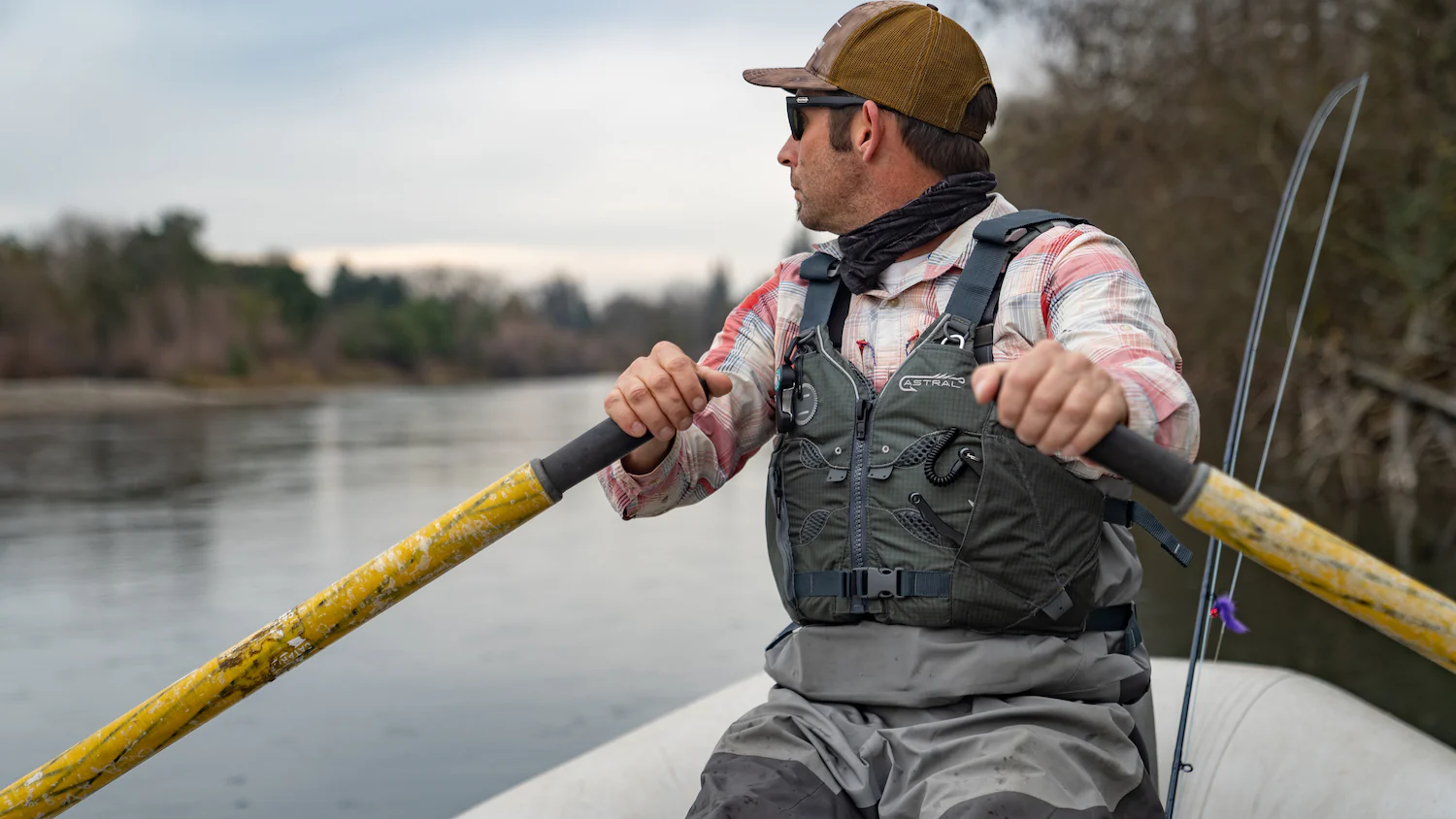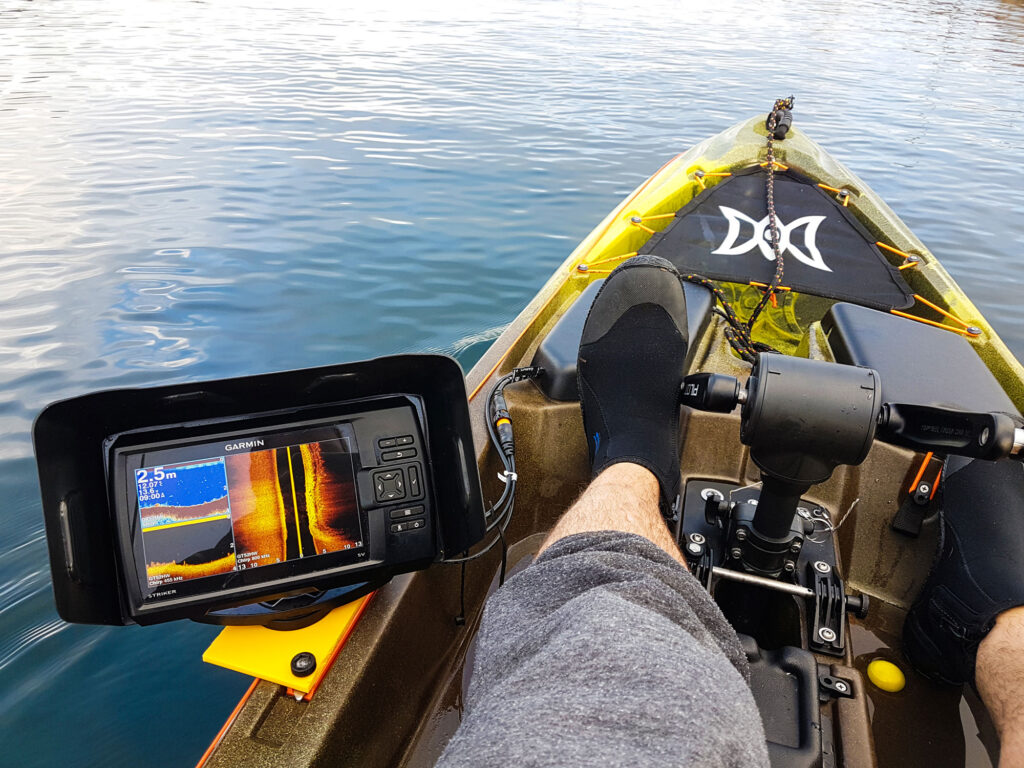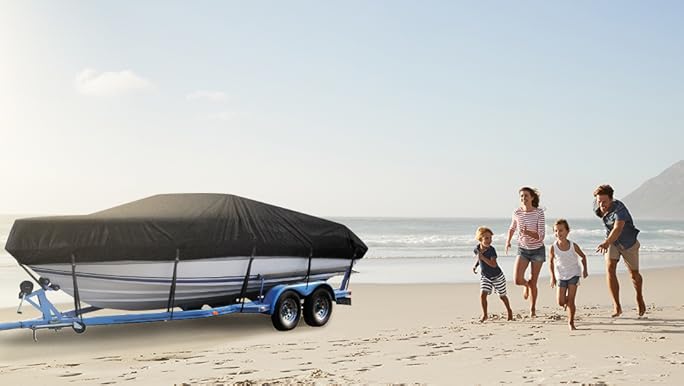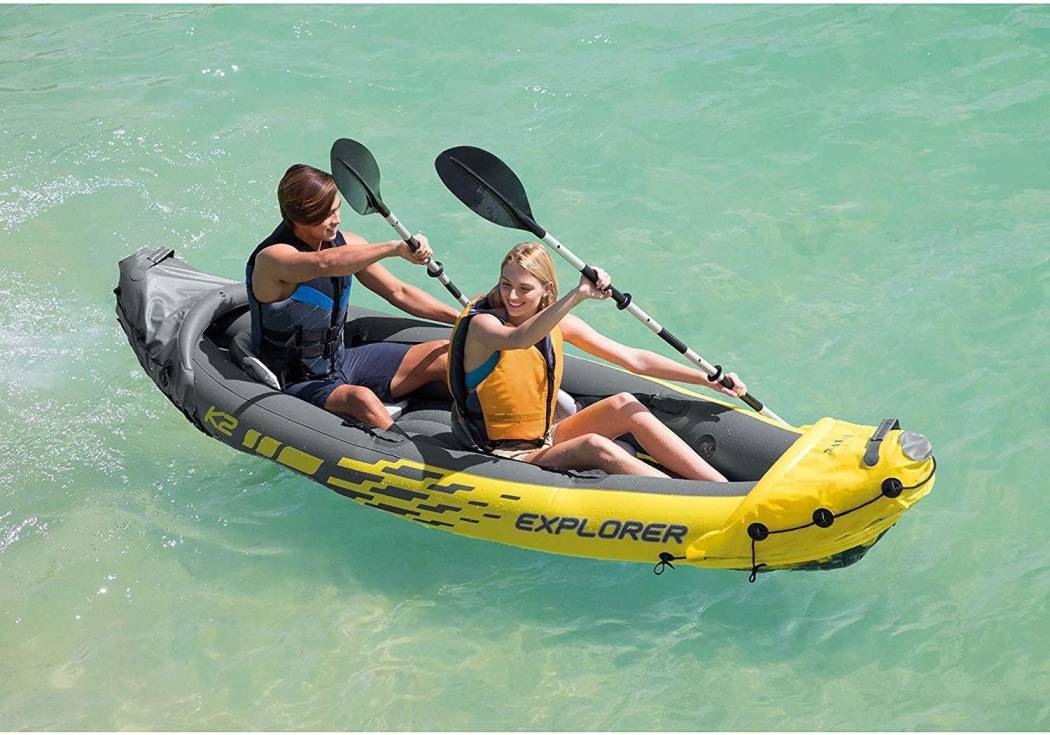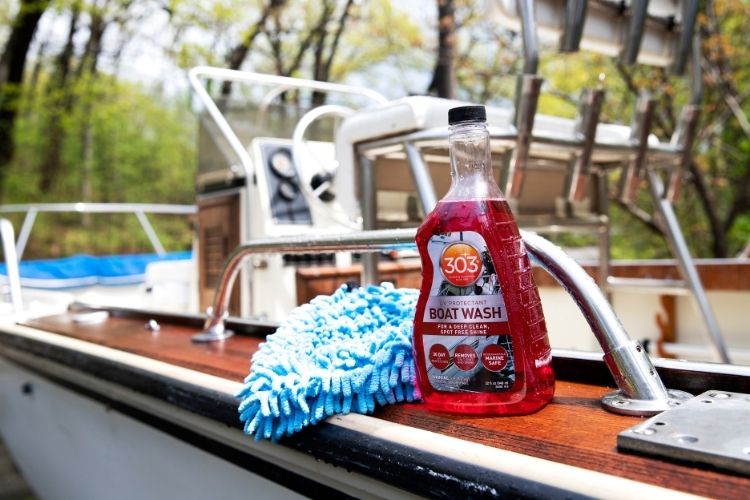Table of Contents
This article on pond fishing and fishing lakes will look at their most noticeable differences. It will cover the size of the water bodies, fish species, and the best fishing methods.
Whether you are a skilled fisherman or a newbie, those differences could enhance your fishing trips. You could become closer to the calm spot in the natural water life. Before you go and find the best places to fish near me without a boat, knowing the difference is pivotal.
What is pond fishing?
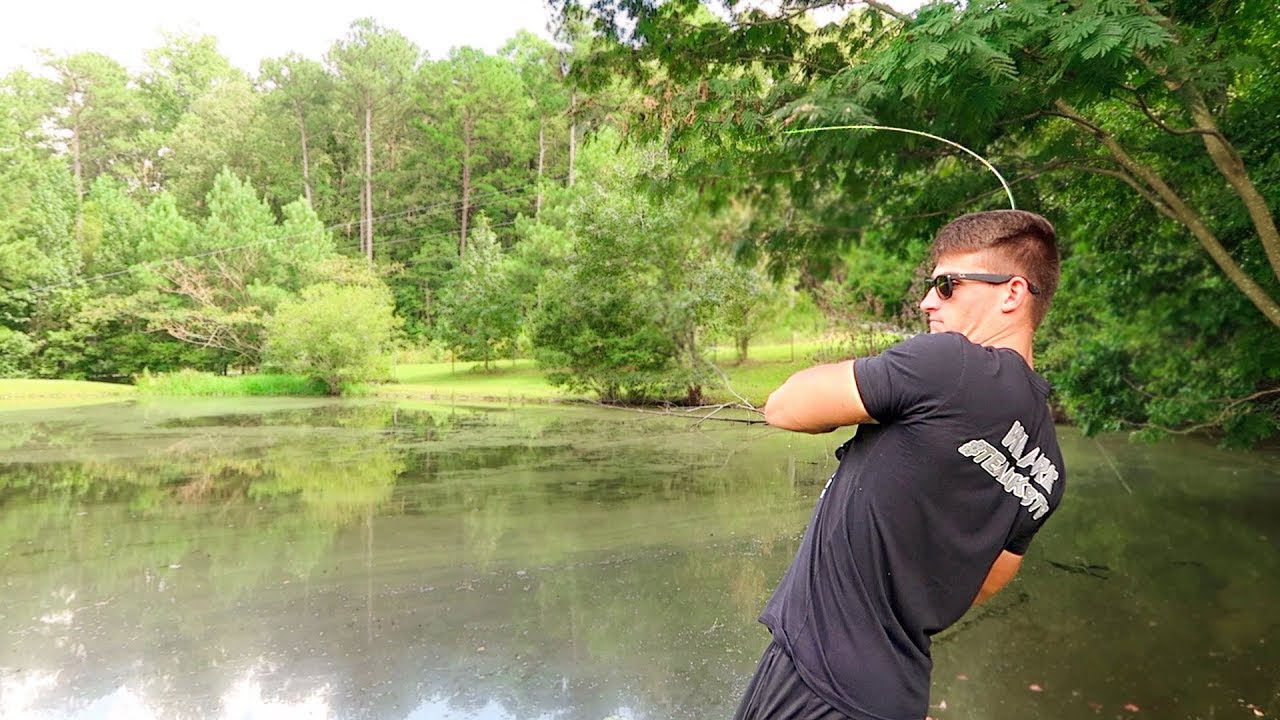
Pond fishing is a widely recognized pastime activity in which people land fish at a fishing spot called an aquatics pond. Ponds are usually small. Pond fishing is good for new and experienced anglers. Lakes and rivers can be big and tough for beginners to catch their first fish.
Ponds are small in size and accessible to fishermen, which provides ample opportunity for them to understand how the fish behave. They can then plan on going fishing in a way that would lead to more successful fishing trips.
Fish varieties in ponds can be present anywhere depending on whether the pond is situated in the countryside or the urban area. The bass, catfish, carp, and trout, for example, are popular types of fish seen in ponds. The different pond fishing methods, on the other hand, are often a matter of choice or the type of fish species that you are trying to target.
However, generally, pond fishing entails the use of live bait or lures and casting from the shore or a small boat. Many people get SCRATCH Fish for the thrill of a catch. More importantly, they seek the serenity and relaxation of nature.
What is lake fishing?
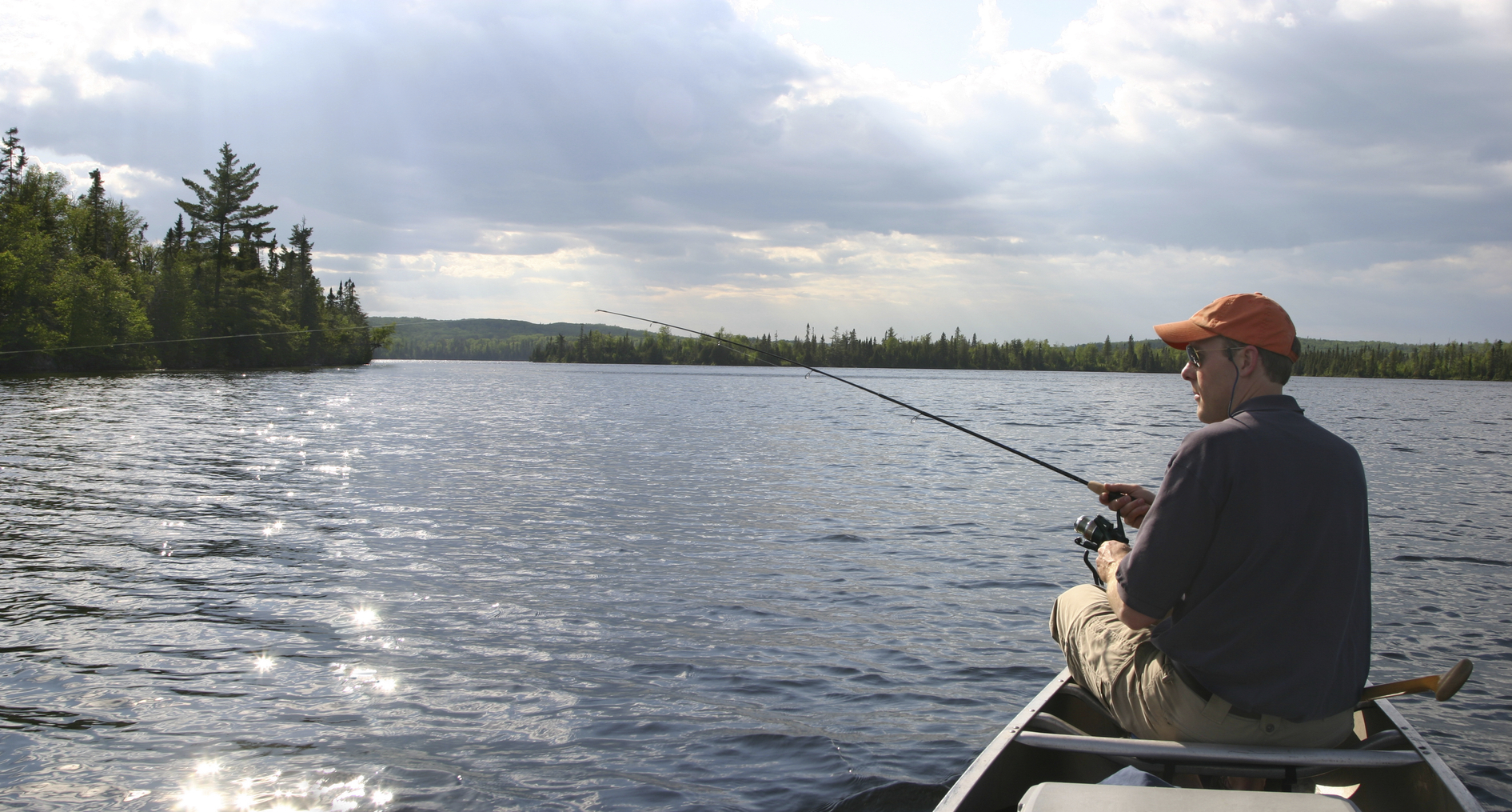

Lake fishing is a beloved form of freshwater angling. It is done in large, still-water bodies called lakes. Such fishing spots serve as a source of complex fishing grounds harboring a whole life of fish, from small to large.
The aim depends on the lake and its ecosystem. It may include species like bass, trout, salmon, pike, muskie, crappies, and perch. Lure fishing for lakes is a lot about utilizing bait or lures that will be fished close to the bottom, especially in ledges or drop-downs. This is because most of the fish tend to gather in these locations.
Reaching for a rod instead of a spear, lake fishing creates special bouquets but not without individual challenges. An example of that is trolling, and this particular technique is mostly used in fishing in lakes especially when the target is salmon or trout. This method uses drag from heavy lures or baited hooks swung from the sidelines of a moving boat, to attract fish. In the lakes, a great net of life comes together along the food chain.
The lakes also allow you to catch various species of fish that are active in the morning or night like catfish and bass. Lakes are much larger and deeper than ponds. This could challenge newcomers. However, fishing in a lake might be worth it.
Difference between pond fishing and lake fishing
Size Matters:
Ponds are much smaller than lakes, which can make it essential to change your fishing technique. By pond you would be searching a smaller territory hence easier to locate fish. Increasingly, lakes allow fish to move about more freely so we have a chance to see more species.
Depth Perception:
Through this example, we can see that ponds are mostly less than 20 feet in depth, while lakes can be as deep as 4000 feet. Being that both bodies of water are distinctly different, the kind of fish you are likely to catch in them will vary. In lakes deep water species, whereas ponds are occupied by species able to thrive in shallow waters.
Light and Temperature:
What is also true about a pond is the photic zone. This is the depth at which you get the sunlight. The depth affects temperature and vegetation growth too. However, lakes indeed have photic (light-penetrating) and aphotic (dark) zones, creating several fish species habitats.
Fishing Techniques:
For the varying size and depth of lakes, they may need different fishing methods, such as trolling, or deep-water jigging. Shallow and quiet creeks are designed for small-scale throwing or fly fishing techniques.
Accessibility:
Ponds have become a preferable choice over lakes because they are mostly all the more available. It is not far from you to walk to those places or a small boat. In contrast, lakes may require greater space for a boat to reach for best places, along with the fact that a bigger boat is needed to explore the interests of the large predators that are found at deeper water depths.
Regulations:
From a regulatory point of view, a lake and a pond do not at all differ. Both of them are surface waters of the state as they are required to comply with the same water quality regulations. So, it implies that the laws and licensing are uniform irrespective of the fishing location be it a pond or a lake.
Ecosystem:
Mostly, a pond’s ecosystem is simpler than a lake’s. It means less inter-predator competition in a pond because there will be a narrower variety of prey found around a pond. Ponds are, therefore, regarded as hosts to more elaborate ecosystems that give fishermen a wide range of fishing experiences to select from.
Pond Fishing Vs. Lake Fishing: Which is right for beginners?
For starters, pond fishing usually acts as one of the stepping stones for new learners. A pond’s simple ecosystem and easy setup make it low-maintenance. But, it can become more troublesome as you gain experience with aquariums.
Ponds are smaller, shallower water bodies. They are ideal for novice anglers. They are cheaper than a large boat, too.
Anglers can easily cast and practice with different bait techniques. Beginners help other predators become less competitive. This increases the chance of their catch being caught. It makes the process more rewarding and may encourage the hobby.
On the downside, the shore one embraced by the lake might be able to go with you through the course because of its potentially challenging nature. However, this type would come your way with its own set of rules. Unlike most rivers, lakes let juvenile fish mature. They also offer more species and habitats to learn from.
For an angler willing to invest time or money, these lake fishing challenges will speed up their learning. Someone who knows fish behavior will learn about it. They know the different water depths. They can use that to master advanced fishing techniques, like trolling and jigging.
Things to consider while going for pond fishing
-
Learn about the pond ecosystem: First, record all vital details about it. This includes the habitat and water conditions, the pond’s inhabitants, and any natural phenomena. Knowing the fish in the pond gives you an edge. It tells you the best bait and techniques to use.
-
Choose the right gear: Fishing in a pond using basic rods and reel seems to be appropriate. The smaller size fish in the ponds which are usually found prefer light to medium action rods.
-
Select appropriate bait: Worms, crickets, and lures have proved very effective in catching fish in a pond environment. Since the simple surroundings of this place ensured the success of that bait, they were gripping.
-
Observe the water: To locate the fish, a shooter needs to watch for obvious signs of fish such as jumping or swirling water. These signs may be the ones that you should seek to understand where there could be more fish.
-
Practice catch and release, especially in small ponds. If you leave the fish out of the lake after you catch it, the water life will stay balanced and healthy.
-
Be mindful of the environment: Make sure that you pick up all the trash you bring in. Also, stay away from wildlife, especially near nests and breeding areas. You can do this by staying quiet, following the proper procedures, and sharing the area with other anglers.
Things to consider while going lake fishing
-
Know the lake’s geography. Study maps and talk to local anglers. Look for hotspots for good fishing.
-
Choose the right equipment. Lake fishers sometimes bring more complex tackle. This includes heavier rods, reels, and a wider variety of lures and baits. This is due to varying depths and fish species.
-
Consider a boat. If you can use yours, you’ll explore parts of the lake that are now unreachable.
-
The weather and time of day are key. They can greatly alter fish behavior in lakes. For fishing, the best times are early morning and late evening. Specific weather can muddle fish behavior.
-
Learn local regulations: Lakes have rules. They require a valid fishing license, a daily catch limit, and allowable fishing gear. It is important to properly acquaint yourself to avoid committing any inadvertent infringements.
-
Adapt your techniques. Expect to vary methods like trolling, casting, or fly fishing. Do this based on the lake’s nature and the type of fish you want.
Wrapping up!
As fishing places are attractive and satisfying sports, it is important to care for the fish population and that of the ecosystem overall as well. Through careful fishing in which we respect aquatic ecosystems, we can make sure that we can fish forever. Therefore, next time you go adventure fishing, remember what I have told you, and do the lake or pond a big favor and make it look way better than you found it.




